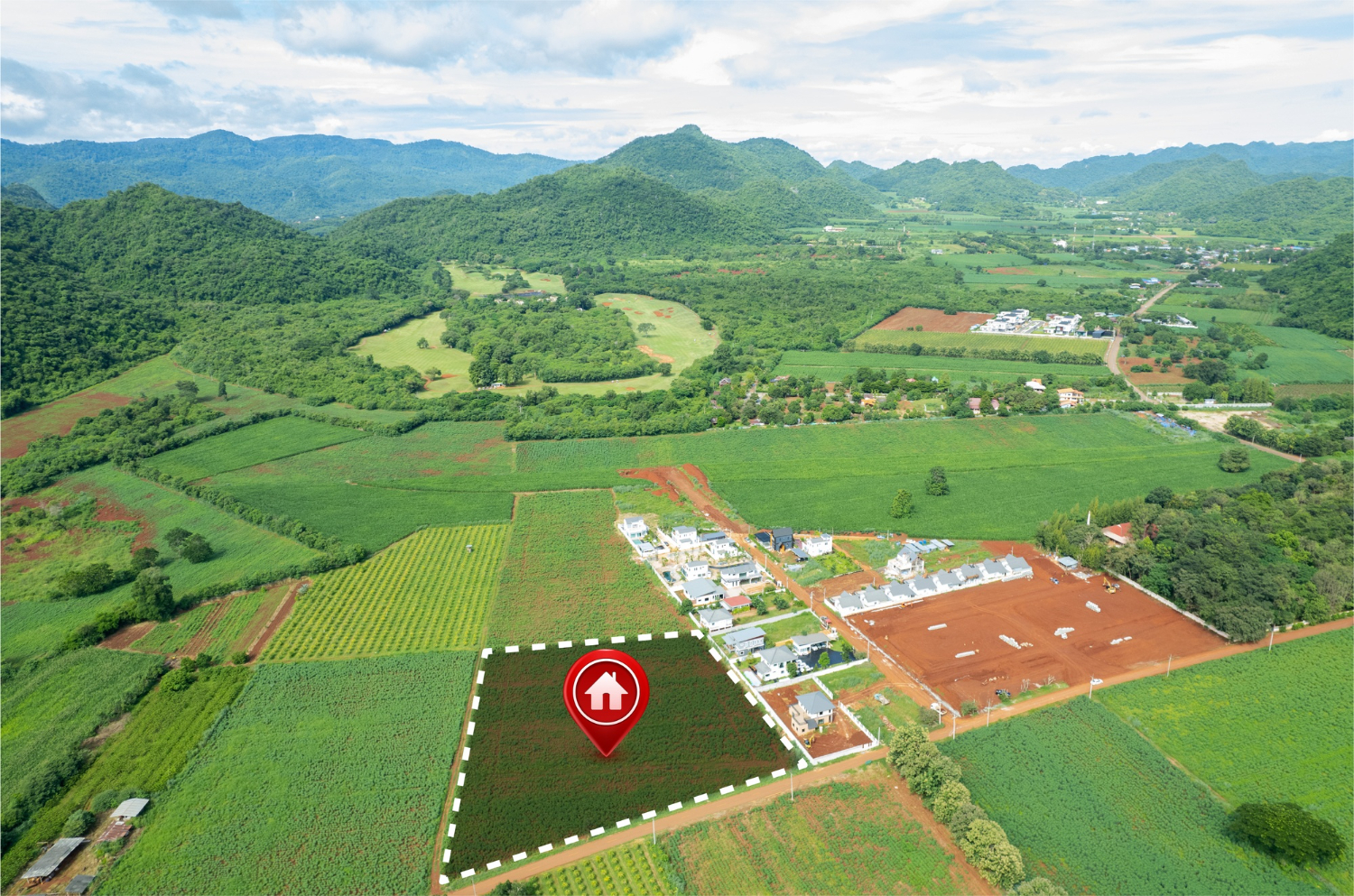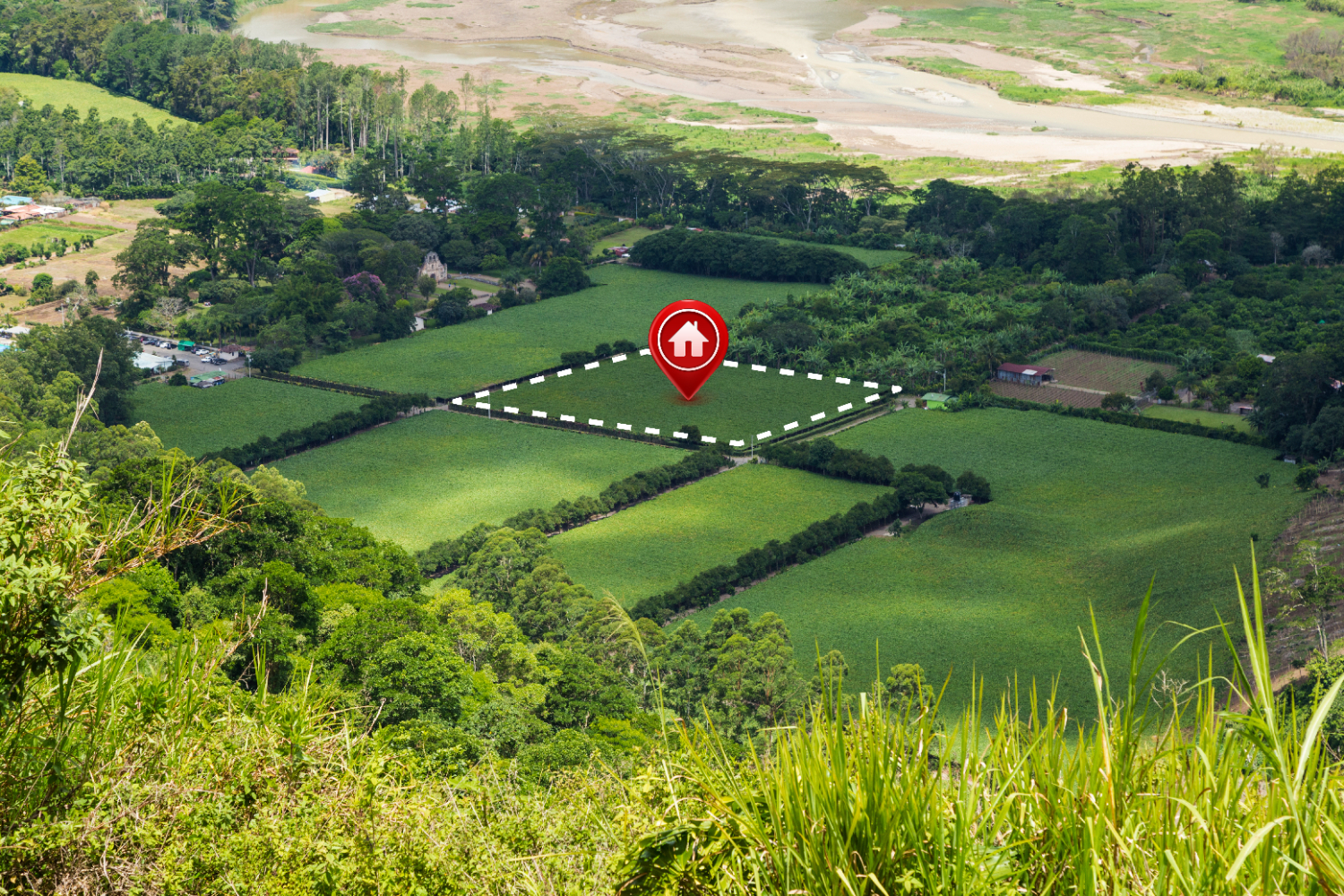Buying land is an exciting venture, whether you plan to build your dream home or invest in property. However, it’s important to look beyond the surface to ensure you’re making a sound investment. There are several factors to consider when buying land to ensure it meets your needs and holds its value. Making an informed decision helps you avoid costly mistakes and future headaches.
One of the first things to think about is location and accessibility. A great location can increase your property’s value and make it more convenient for daily life or business operations. Zoning and land use regulations are also critical. These rules determine what you can and cannot do with your land, influencing its potential uses and future value.
By paying attention to these key factors, you can make a more informed purchase and ensure your land meets your long-term goals.
Top Things to Consider When Buying Land: A Buyer’s Guide
1. Location and Accessibility
When choosing land, location is one of the most crucial aspects. The land’s location can significantly impact its value and usability. Consider the proximity to essential amenities like schools, hospitals, grocery stores, and recreational facilities. Being close to these services not only makes daily life more convenient but also increases the property’s value.
Accessibility is another key factor. Easy access to major roads and highways can make commuting and transportation easier, which is particularly important if you plan to develop the land for residential or commercial purposes. Check the quality of the existing roads and note how they connect to the main transportation network. Poor road access can decrease the land’s value and limit its potential uses.
Also, consider the surrounding neighborhood. Are there noisy factories or a busy airport nearby? Or is the area peaceful with scenic views? A good neighborhood can add to the land’s appeal, making it a desirable place to live or operate a business. Take time to visit the land at different times of the day to get a feel for the area’s ambiance and traffic patterns.
2. Zoning and Land Use Regulations
Understanding zoning laws is essential when purchasing land. Zoning regulations dictate how land can be used, whether for residential, commercial, industrial, or agricultural purposes. Check with local zoning authorities to confirm the land’s zoning classification and ensure it aligns with your intended use. Zoning laws can affect everything from the type of structures you can build to the business activities allowed on the property.
It’s also important to be aware of any existing land use restrictions. Some properties may have specific covenants or restrictions that limit what you can do on the land. For instance, certain areas might have height restrictions on buildings or require a certain percentage of green space. Knowing these details upfront helps avoid future legal and regulatory issues.
Investigate any future zoning changes that local authorities might be planning. Planned infrastructure projects or changes in zoning laws can affect the land’s value and utility. Being informed about upcoming changes can help you make a better investment decision and plan for the land’s future development.
3. Environmental Considerations
Environmental factors can greatly impact the suitability and value of the land you’re looking to buy. One major consideration is the soil quality. If you plan to develop the land for agriculture or construction, good soil quality can make a significant difference. Conduct soil tests to check for contaminants and determine its suitability for your intended use.
Flood zones and other natural hazards are also crucial to examine. Land in a flood zone can pose risks and result in additional costs for flood insurance and mitigation measures. You should consult flood maps and environmental impact reports to understand any potential natural hazards. This information helps in planning and avoids future complications.
Wildlife and vegetation also affect the land’s use. Some areas might have protected species or plants that restrict land development. Environmental regulations may prohibit or limit alterations to these habitats. Research and adhere to these regulations to avoid legal issues and ensure sustainable land use. Ignoring these environmental factors can lead to unforeseen problems and affect your investment’s success.
4. Utilities and Infrastructure
Having access to utilities and infrastructure is vital when purchasing land. Firstly, check if the property has access to essential utilities like water, electricity, gas, and sewage systems. Lack of these basic services can make the land less attractive and significantly increase development costs.
Road access is another key factor in infrastructure. Verify if there are existing access roads or if you will need to build new ones. Good road access ensures easy entry and exit from the property, which is important whether you plan to build a home or a business. Poor infrastructure can deter potential buyers or users of the land, reducing its overall value.
Additionally, consider the availability of emergency services, internet connectivity, and public transportation. Easy access to hospitals, fire stations, and law enforcement is crucial for safety and peace of mind.
Reliable internet and public transportation can make the land more appealing, particularly in this age of remote work and digital connectivity. Properly evaluating these factors ensures the land meets current needs and future demands.
What You Need to Know Before Buying Land
Finding the right land requires careful consideration of multiple factors to make an informed decision. Location and accessibility set the foundation for the property’s value by determining how easy it is to reach and what amenities are nearby. Zoning and land use regulations guide what you can legally do on the land, helping you avoid issues and maximize the land’s potential.
Environmental considerations ensure that the land is suitable for your plans and free from issues that could complicate development. Lastly, utilities and proper infrastructure provide the necessary support for any activities you wish to undertake on the land. Ensuring these elements are in place can save you from future hassles and additional expenses.
Ready to start your land buying journey with confidence? Contact 7Land Corp today for expert guidance and support in making your land purchase a success. Let’s find the perfect land for your needs!




